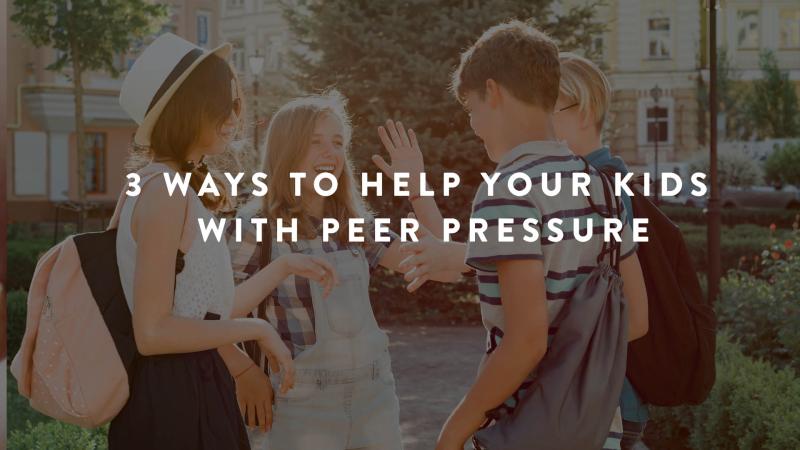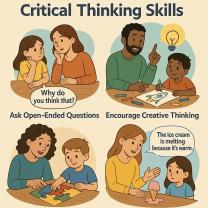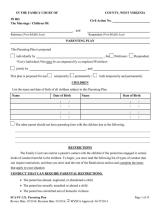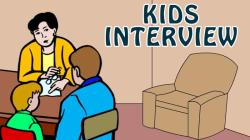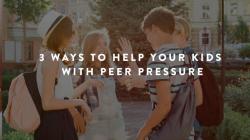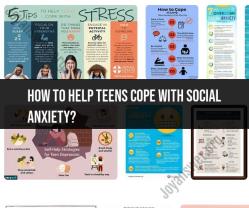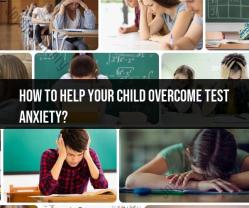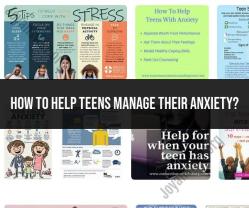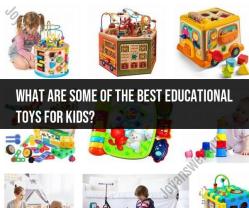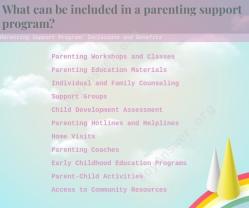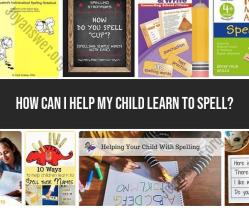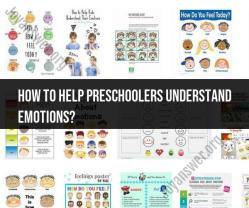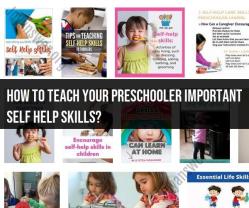How does peer pressure affect your child?
Peer pressure can have a significant impact on a child's behavior, choices, and overall well-being. It is important for parents and caregivers to understand these effects and take steps to address them. Here are some ways peer pressure can affect your child:
Influence on Behavior:
- Conformity: Children may feel pressure to conform to the norms and values of their peer group, even if those values go against their own beliefs or principles.
- Risky Behaviors: Peer pressure can lead to participation in risky behaviors, such as substance abuse, delinquency, or unsafe activities, in an attempt to fit in with their peers.
- Academic Performance: Friends can influence a child's attitude toward school and academic performance. If their peers devalue education, it can lead to decreased motivation and poorer academic outcomes.
Emotional Impact:
- Self-Esteem: Constant pressure to conform or meet certain social standards can lower a child's self-esteem and self-worth if they don't feel like they fit in or measure up to their peers.
- Stress and Anxiety: The fear of rejection or isolation due to non-conformity to peer group norms can lead to increased stress and anxiety.
Development of Values and Beliefs:
- Shaping Beliefs: Friends play a significant role in shaping a child's beliefs and values. They may adopt the values of their peer group, even if they differ from the values taught at home.
- Identity Development: Adolescents, in particular, often use peer relationships to explore and develop their identity. This can be both positive and negative, as they may make choices based on what their peers expect or what they believe will earn social approval.
Social Skills and Relationships:
- Positive Influences: Peer groups can have positive effects, too. Children can learn social skills, empathy, and cooperation from their friends.
- Conflict and Bullying: Peer pressure can lead to conflicts and bullying, which can negatively affect a child's social and emotional well-being.
Addressing the Impact of Peer Pressure:
Open Communication: Encourage your child to talk to you about their experiences with peers. Create a safe and non-judgmental environment where they can express their concerns and feelings.
Teach Critical Thinking: Help your child develop critical thinking skills to evaluate the consequences of their choices and resist negative peer pressure.
Build Self-Esteem: Strengthen your child's self-esteem by highlighting their unique qualities and encouraging them to be confident in their own values and beliefs.
Set Clear Expectations: Establish clear family values and expectations, so your child understands your perspective and feels more secure in making choices.
Encourage Positive Peer Relationships: Support your child in building positive friendships and being involved in activities that promote healthy social interaction.
Role Modeling: Be a positive role model by demonstrating values and behaviors you want your child to adopt.
Seek Professional Help: If peer pressure is leading to serious problems like substance abuse or mental health issues, consider seeking professional guidance or counseling for your child.
Understanding and addressing peer pressure can be a challenging but essential part of parenting. By staying involved and supportive, you can help your child navigate these influences in a healthy way.
Understanding the Impact of Peer Pressure on Your Child
Peer pressure is a powerful force in a child's life, and it can have a significant impact on their behavior, choices, and development. As children grow and develop, they become increasingly aware of their social standing and the importance of fitting in with their peers. This desire to belong can make them susceptible to peer pressure, both positive and negative.
Positive peer pressure can encourage children to make healthy choices, such as engaging in physical activity, eating nutritious foods, and participating in extracurricular activities. It can also motivate them to work hard in school and strive for academic success.
Negative peer pressure, on the other hand, can lead children to engage in risky or harmful behaviors, such as experimenting with drugs or alcohol, engaging in unprotected sex, or participating in bullying or other forms of aggression. It can also lead to negative academic consequences, such as skipping class, failing to complete assignments, and dropping out of school.
The Effects of Peer Influence on Children's Behavior
Peer influence plays a significant role in shaping children's behavior, particularly during adolescence. This is because adolescents are at a stage of development where they are trying to figure out who they are and where they fit in the world. They often look to their peers for guidance and approval, and they may be more likely to adopt the behaviors and values of their friends.
Peer influence can be particularly strong when it comes to risky or harmful behaviors. For example, if a group of friends is experimenting with drugs, an individual child may be more likely to try drugs as well, even if they know it is wrong. Similarly, if a group of friends is involved in bullying, an individual child may be more likely to join in, even if they don't want to.
Strategies for Dealing with Peer Pressure in Adolescents
There are a number of things that parents and educators can do to help adolescents deal with peer pressure. Here are a few suggestions:
Open communication: Encourage open and honest communication with your child. Talk to them about their friends, their social life, and their experiences with peer pressure. Let them know that they can come to you with any problems or concerns they have.
Build self-esteem: Help your child develop a strong sense of self-esteem. Encourage them to be confident in themselves and their values. Teach them that it is okay to say no to peer pressure, and that they should not be afraid to stand up for what they believe in.
Encourage positive friendships: Help your child develop positive friendships with other children who share their values and interests. These friends can provide support and encouragement, and they can help your child resist negative peer pressure.
Set clear expectations: Set clear expectations for your child's behavior. Let them know what you expect of them, and be consistent in your enforcement of rules and consequences.
Seek professional help: If you are concerned about your child's ability to deal with peer pressure, seek professional help. A therapist can help your child develop coping mechanisms and strategies for dealing with difficult situations.
Remember, it is important to be patient and supportive as your child navigates the challenges of adolescence. With your help, they can learn to make healthy choices and resist negative peer pressure.
